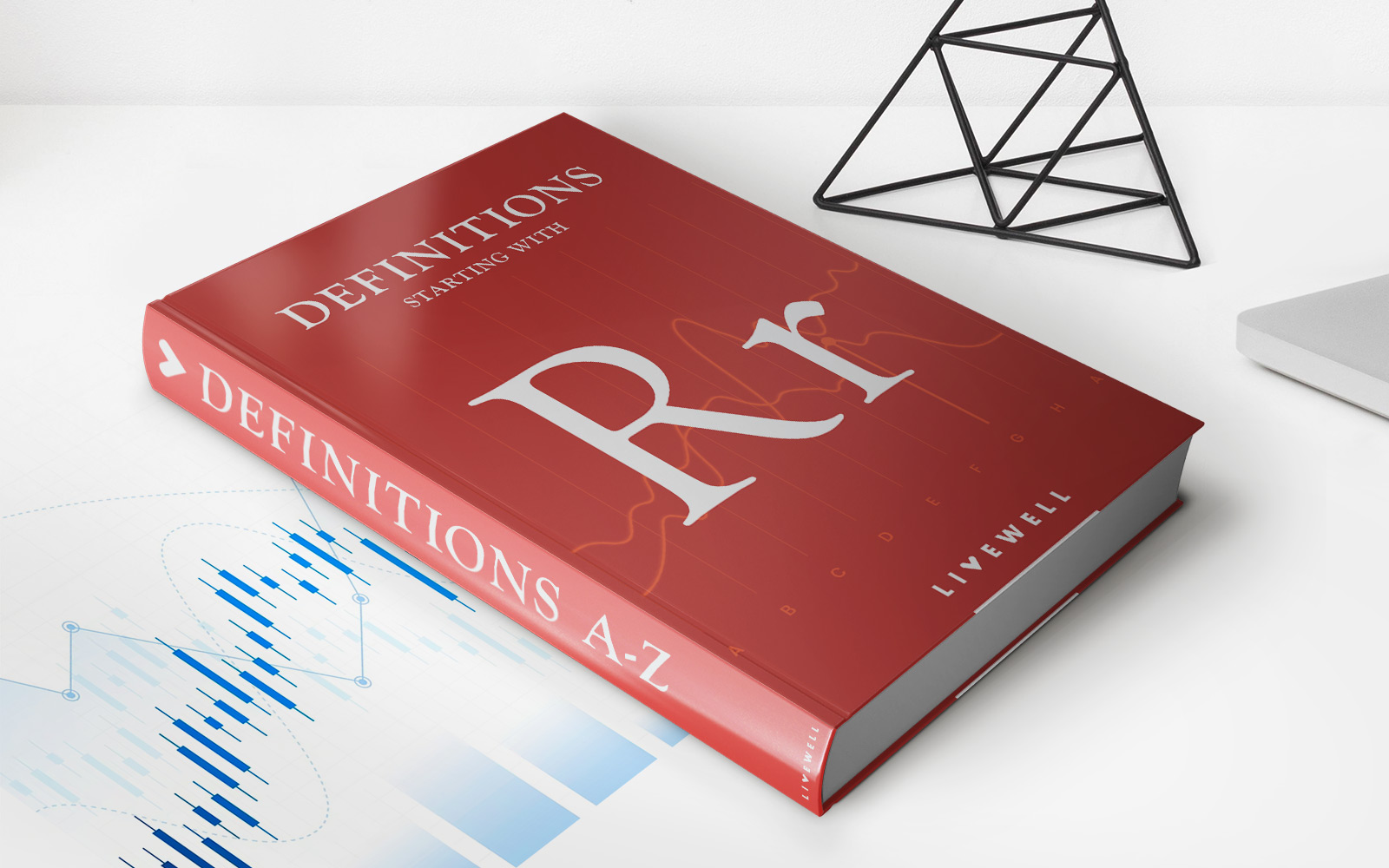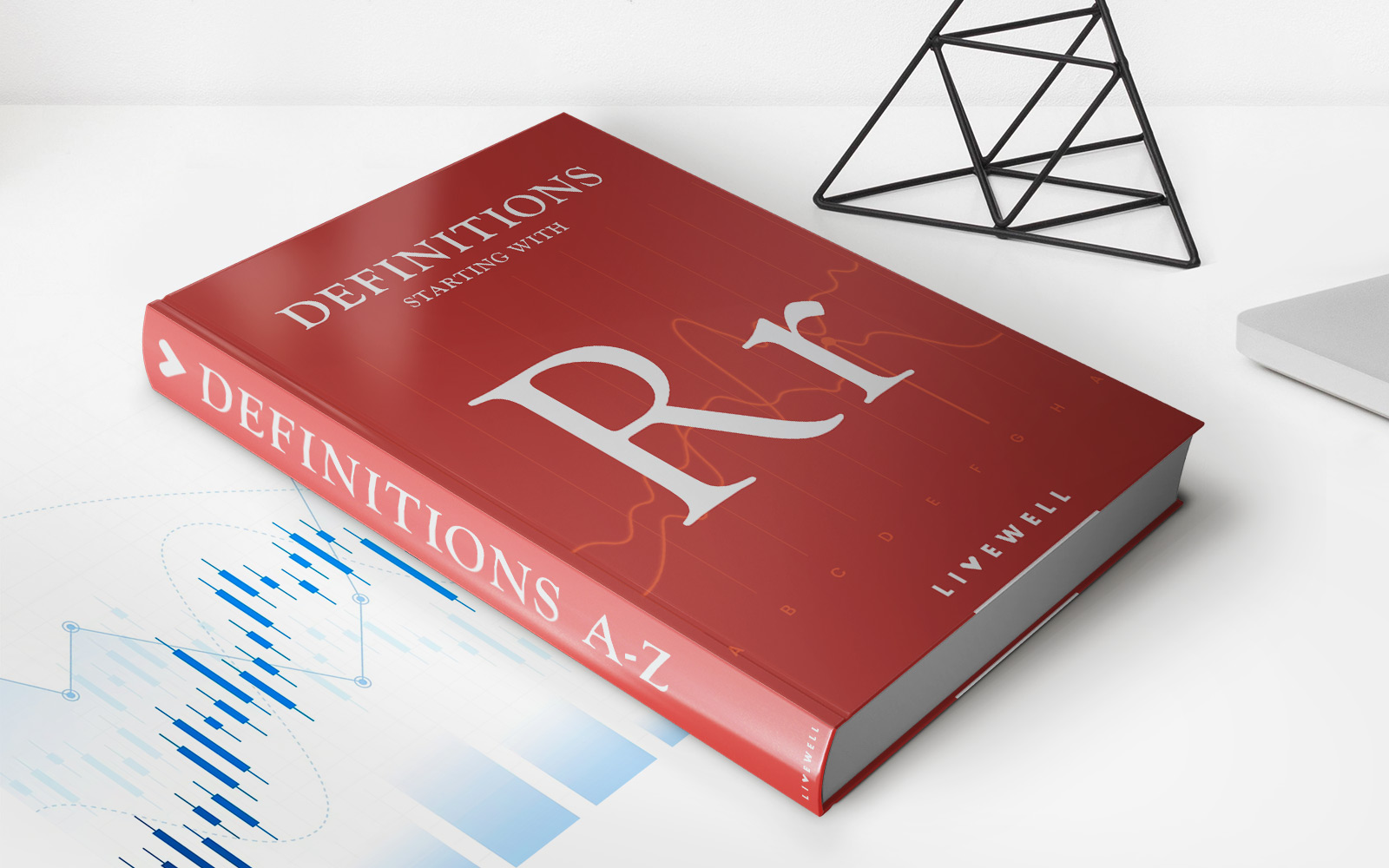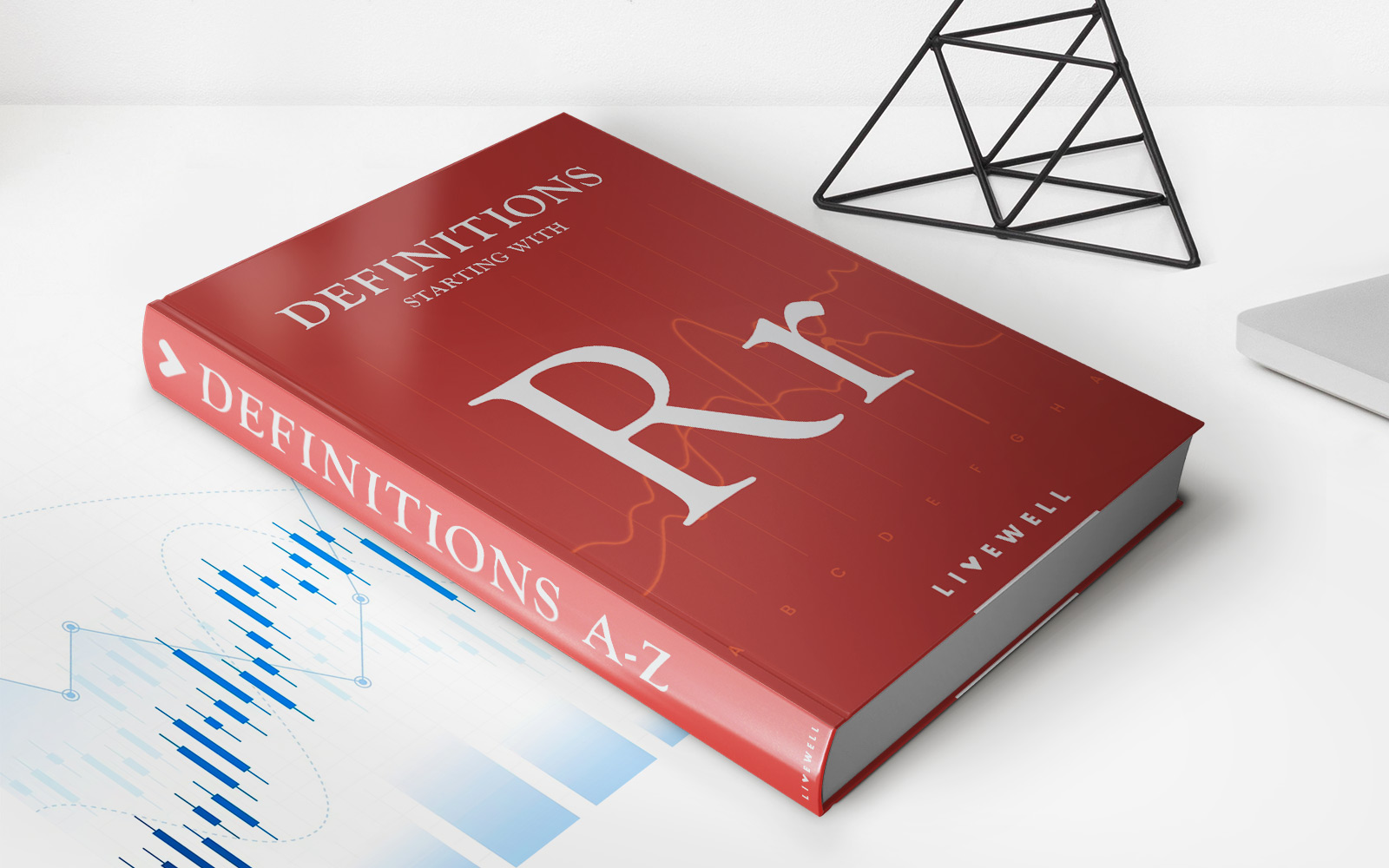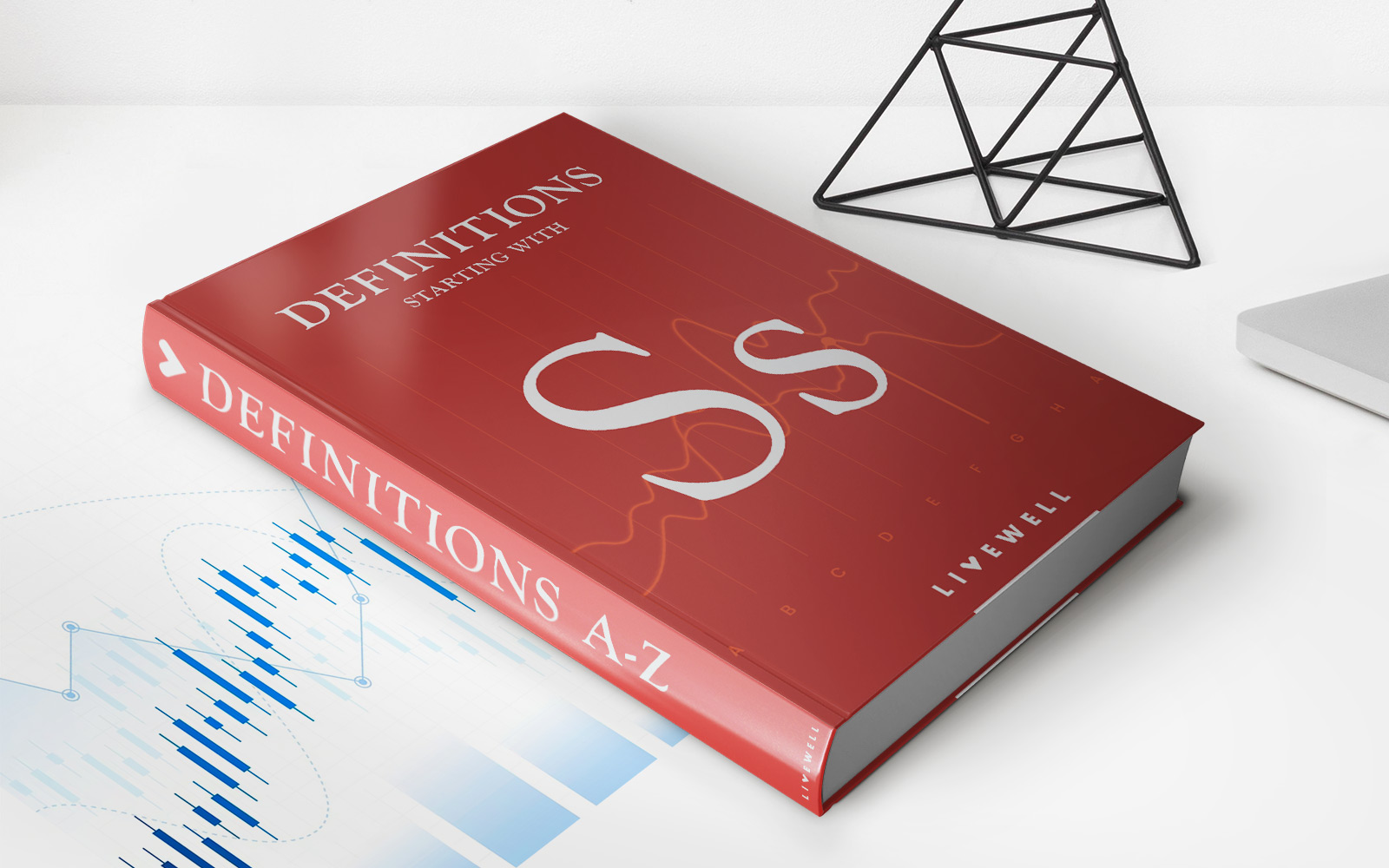

Finance
Reference Equity Definition
Published: January 17, 2024
Learn the definition of equity in finance and how it can impact your investments. Explore the benefits and risks associated with equity in this comprehensive guide.
(Many of the links in this article redirect to a specific reviewed product. Your purchase of these products through affiliate links helps to generate commission for LiveWell, at no extra cost. Learn more)
Understanding Reference Equity Definition in Finance
Finance is a complex field that encompasses various terms and concepts. One such concept that often comes up in discussions surrounding investments and portfolio management is the reference equity. In this blog post, we will dive into the reference equity definition and explore its significance in the world of finance.
Key Takeaways:
- Reference equity is a benchmark used to evaluate the performance of an investment or investment portfolio.
- It provides a foundation for comparison, allowing investors to assess the success of their investments relative to a predetermined standard.
So, what exactly is a reference equity? Essentially, it is a specific equity index, such as the S&P 500 or the Dow Jones Industrial Average, that serves as a point of reference for evaluating the performance of a particular investment or portfolio. By comparing returns or other metrics against the reference equity, investors can gain insights into the relative success of their investments.
Using a reference equity as a benchmark is crucial for a variety of reasons. Here are a few key benefits:
- Performance Evaluation: A reference equity provides a standardized measure to evaluate how well an investment or portfolio is performing compared to the broader market or a specific industry.
- Risk Assessment: By comparing the volatility and risk metrics of an investment against the reference equity, investors can assess whether their portfolio is taking on more or less risk than the market.
When using a reference equity, it’s important to choose an appropriate one that aligns with the specific investment strategy and objectives. For example, if an investor focuses on large-cap stocks, using a broad market index like the S&P 500 as a reference equity would be suitable. On the other hand, if the investment strategy focuses on mid-cap or small-cap stocks, a more targeted index might be a better fit.
Investors and portfolio managers frequently use reference equities to monitor the success of their investment strategies and to communicate performance to stakeholders. The analysis of investments in relation to a reference equity can also help in identifying areas for improvement and potential adjustments to the investment strategy.
In conclusion, understanding the reference equity definition is essential in the world of finance. It provides a benchmark for evaluating investment performance, comparing risk levels, and making informed investment decisions. By using reference equities effectively, investors can gain valuable insights and potentially enhance their investment outcomes.














